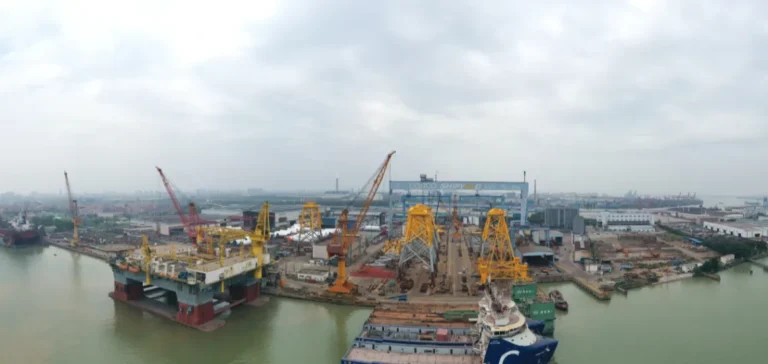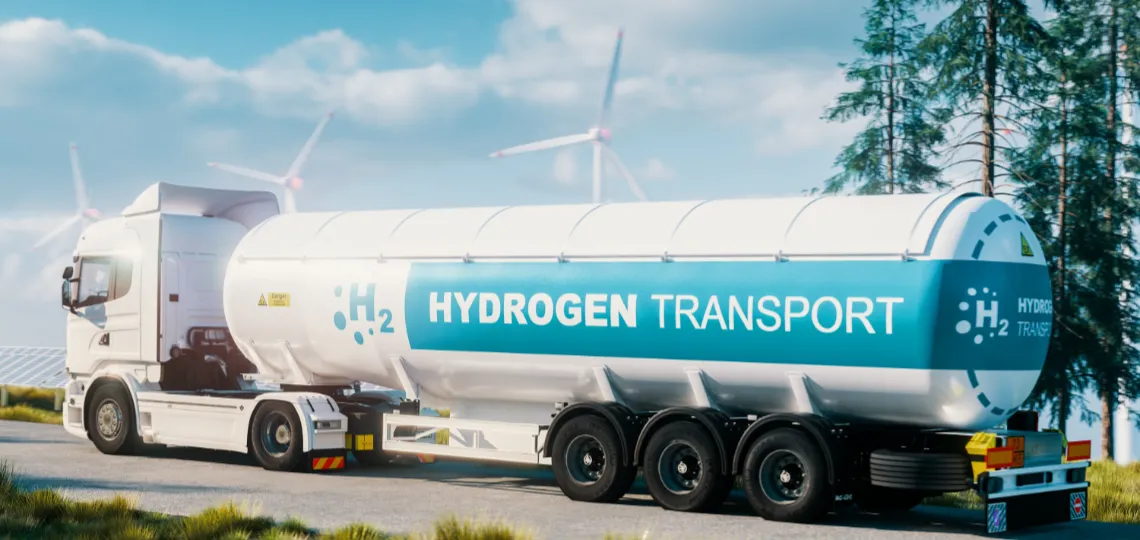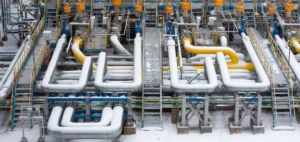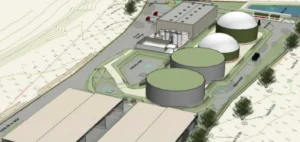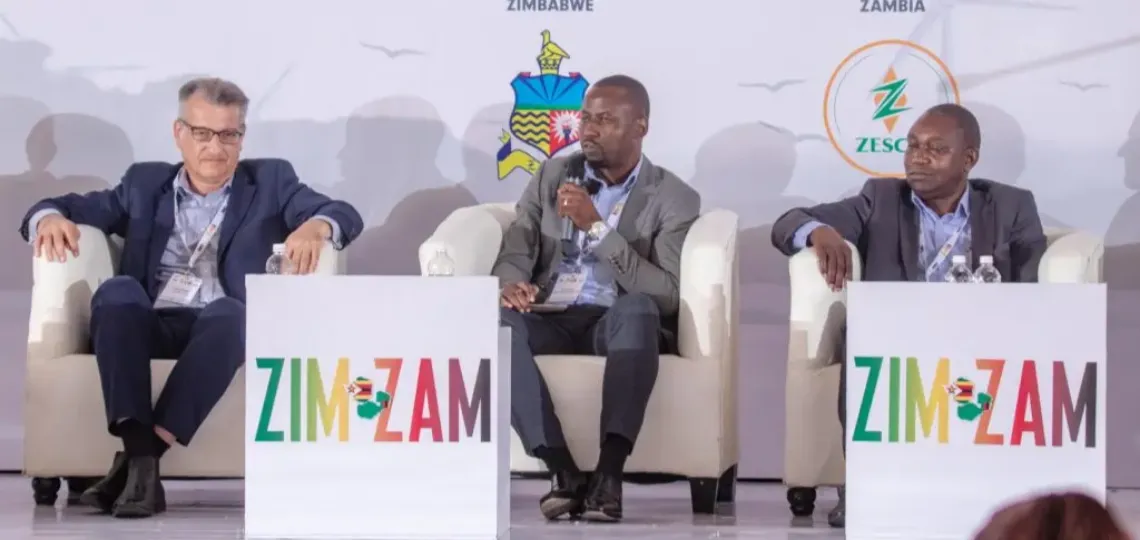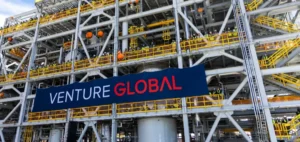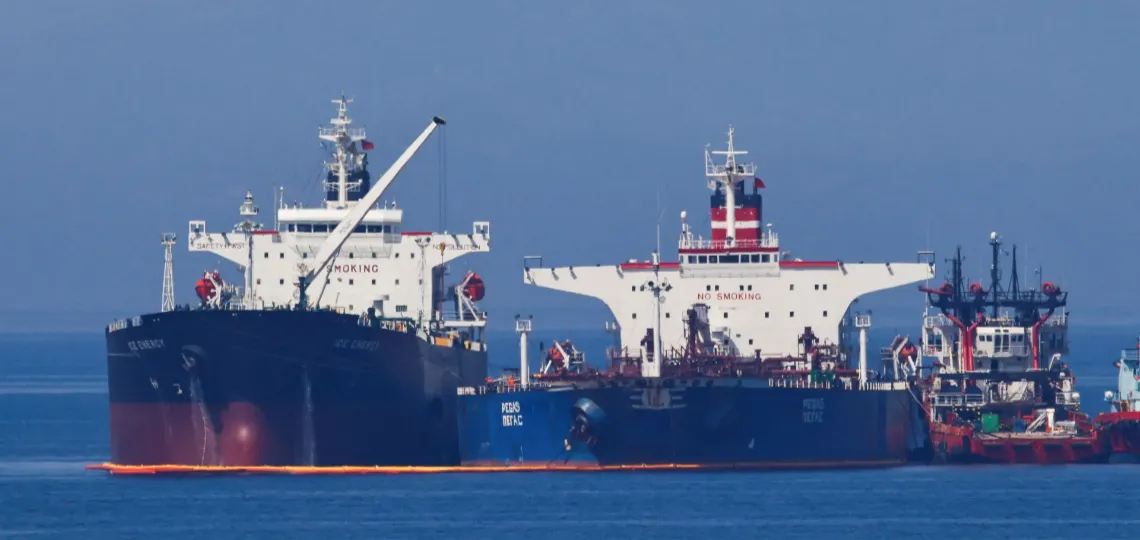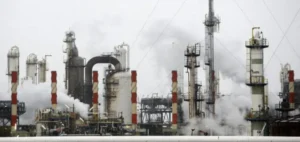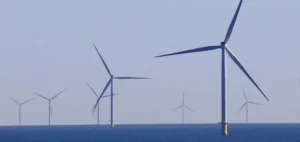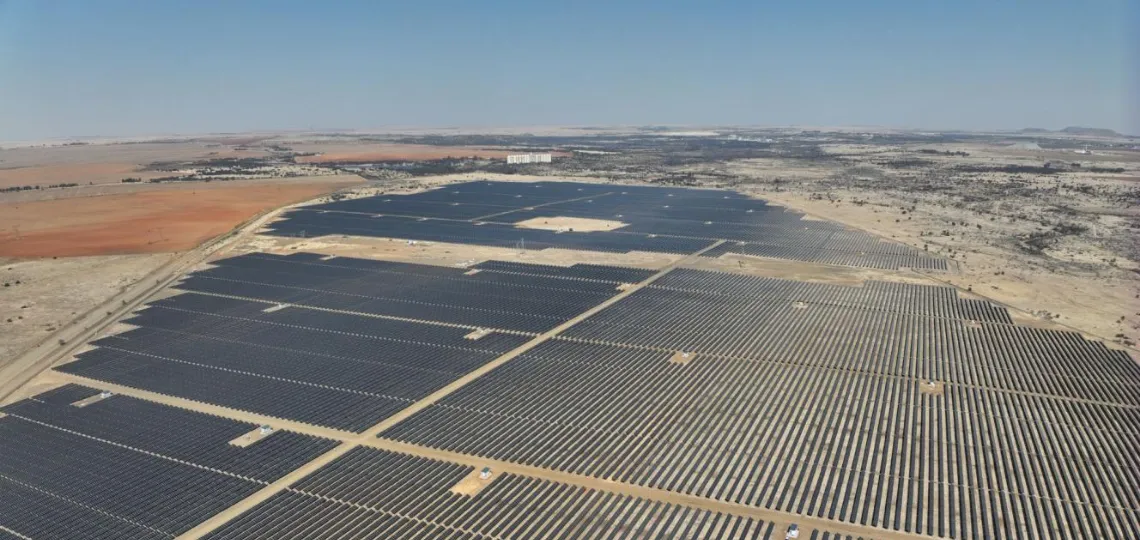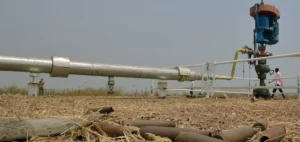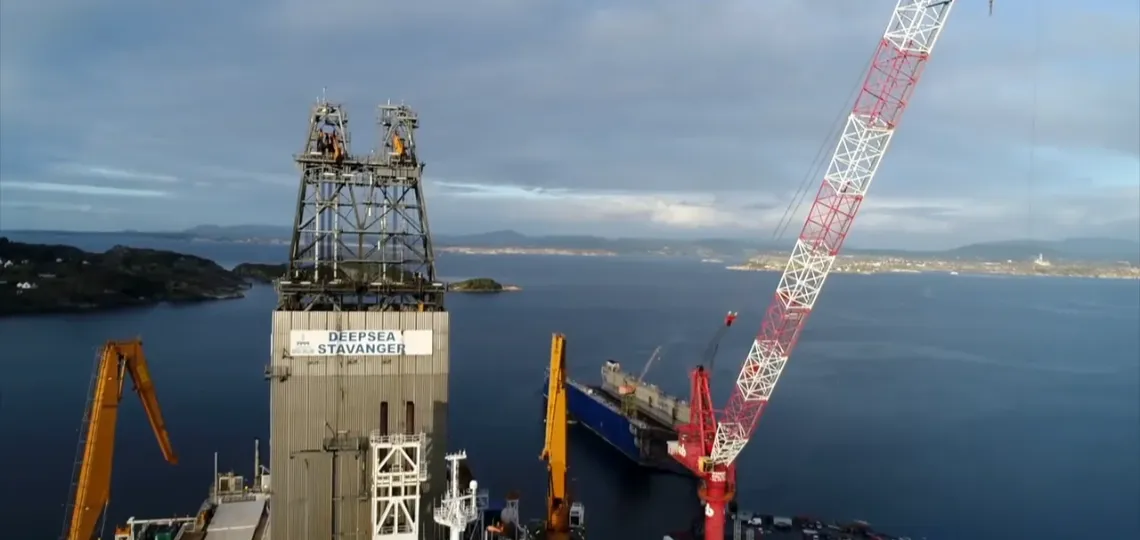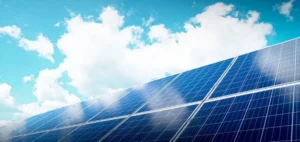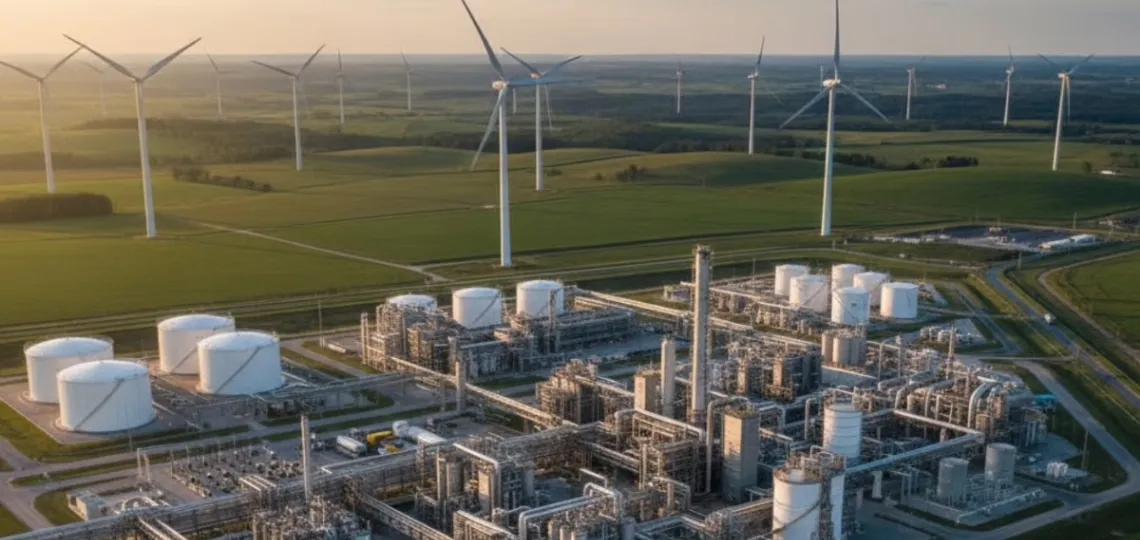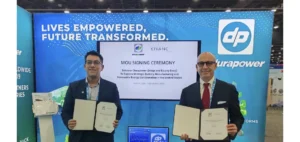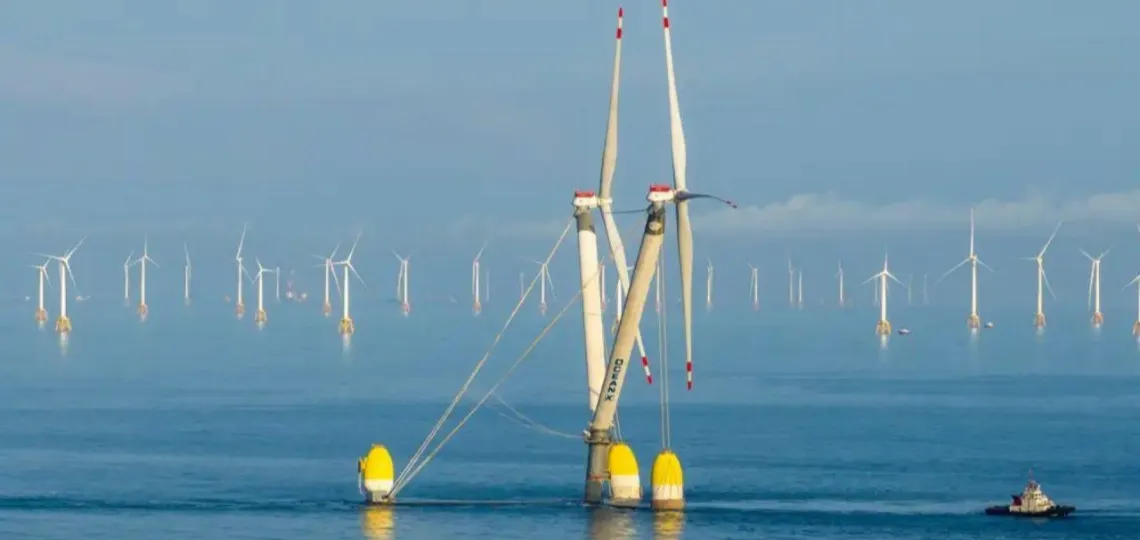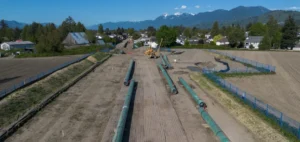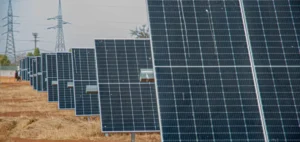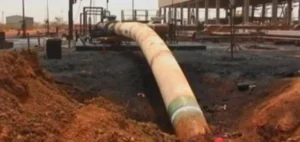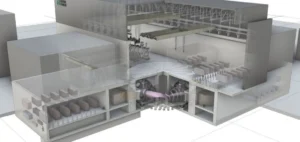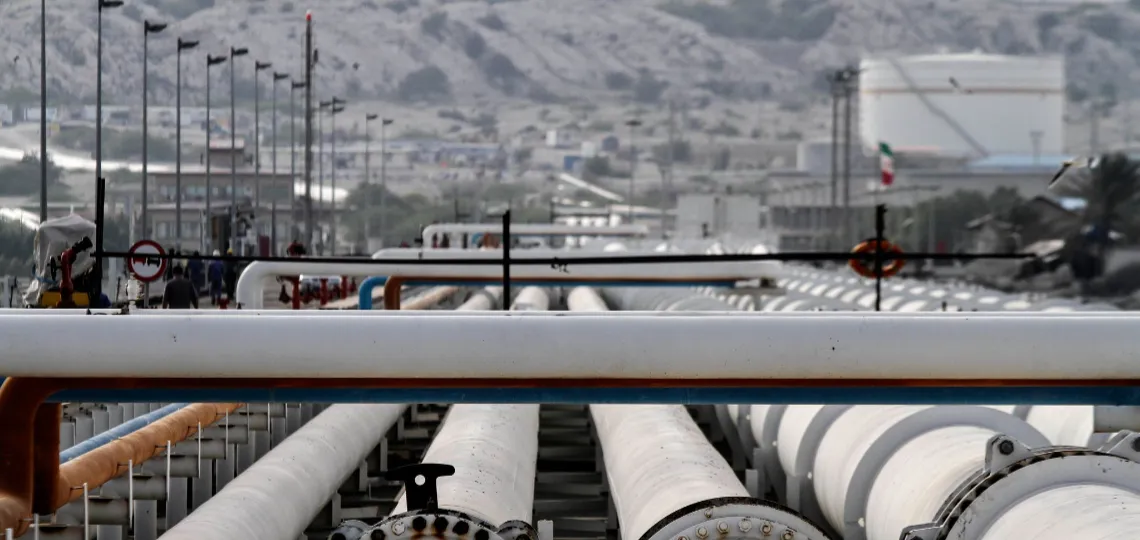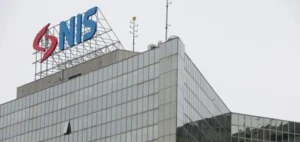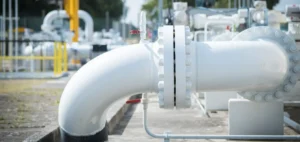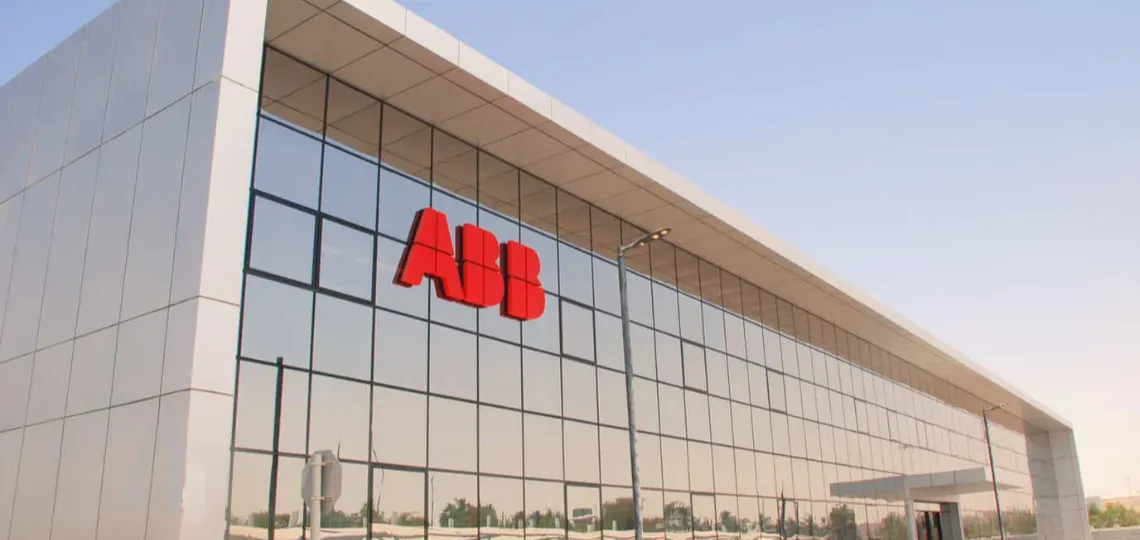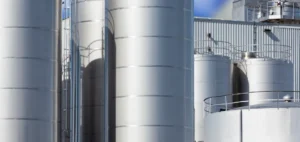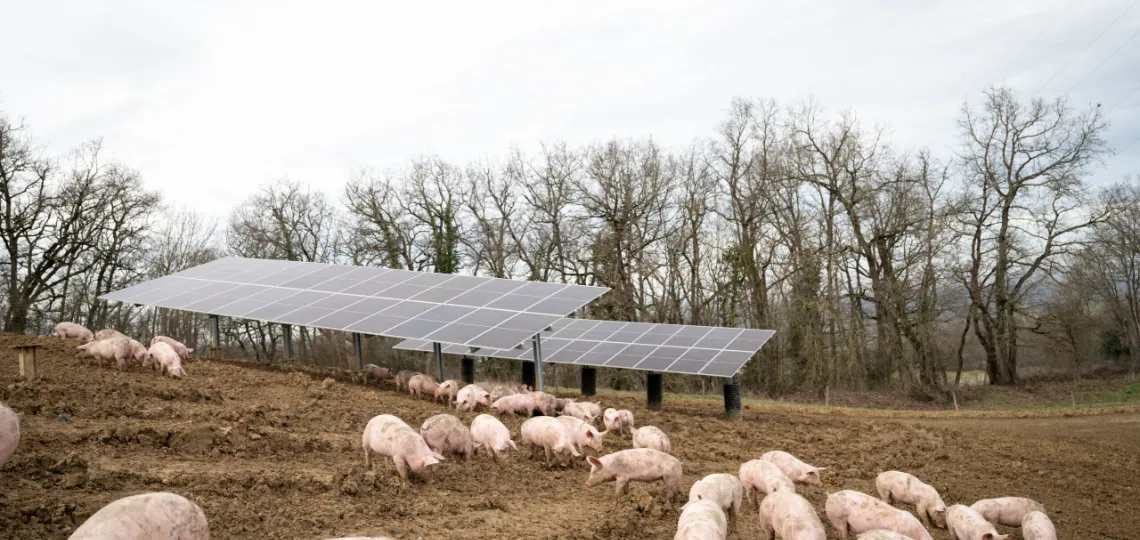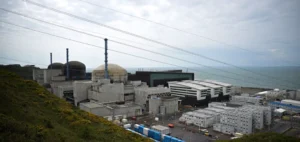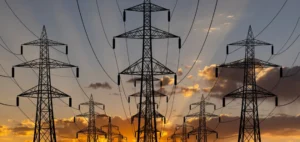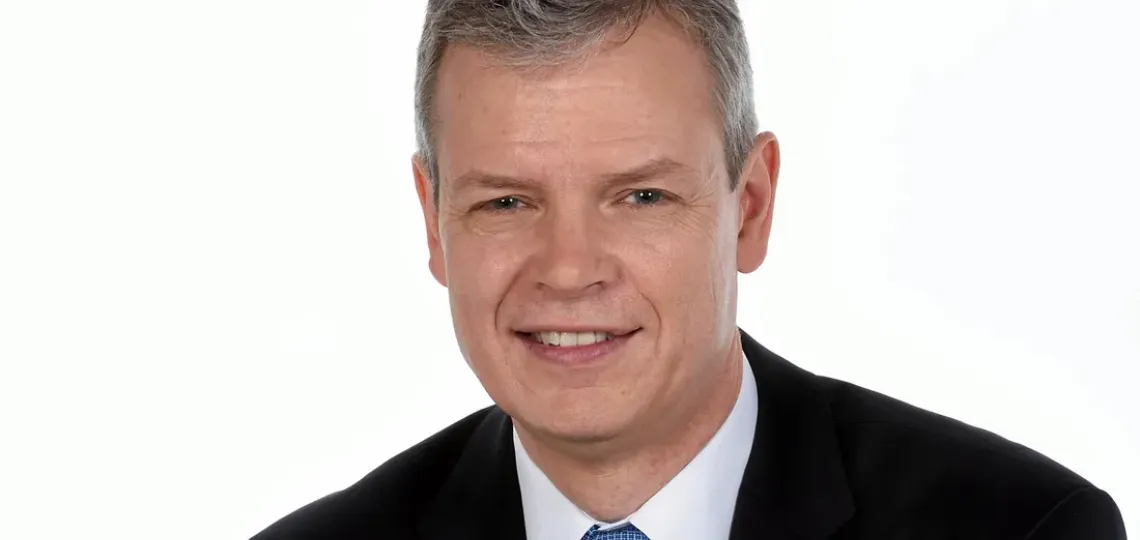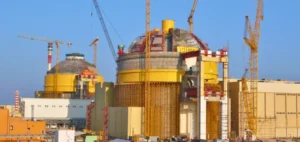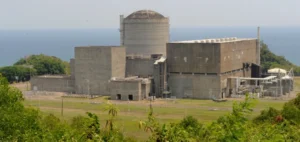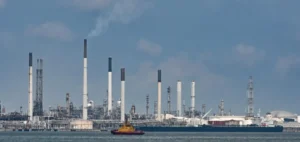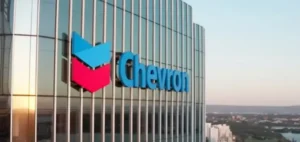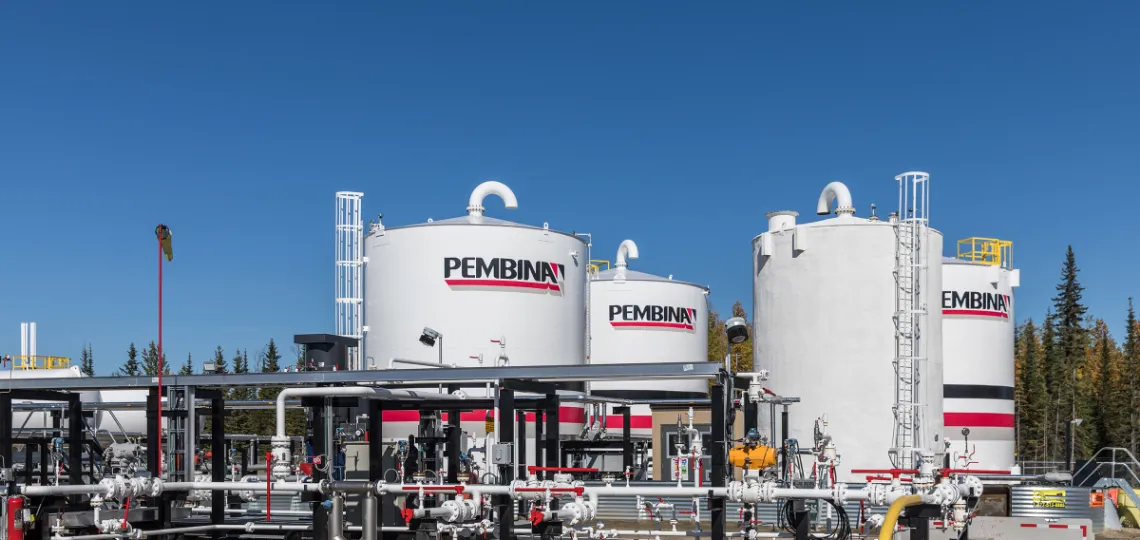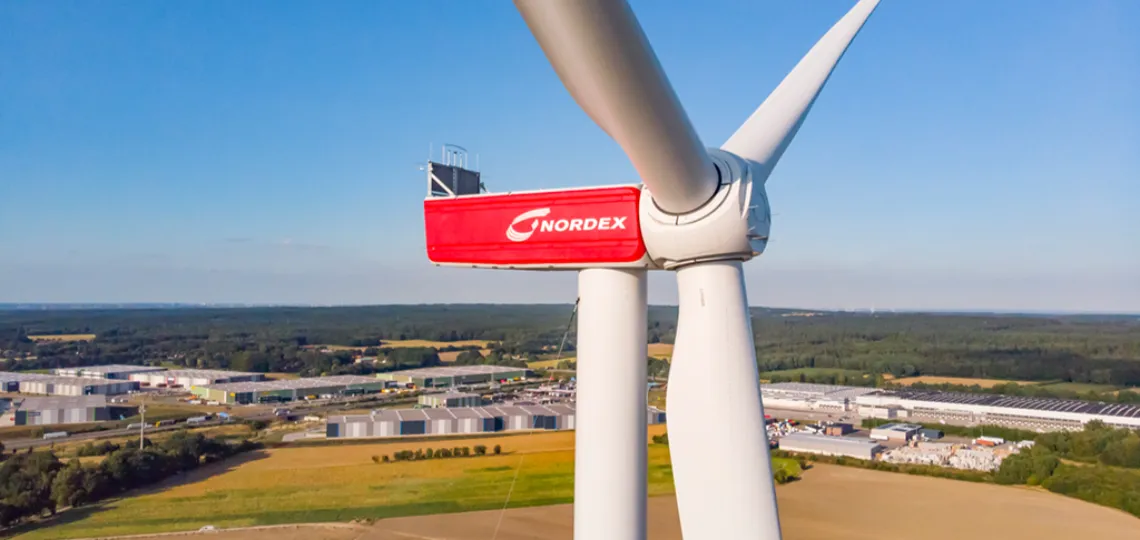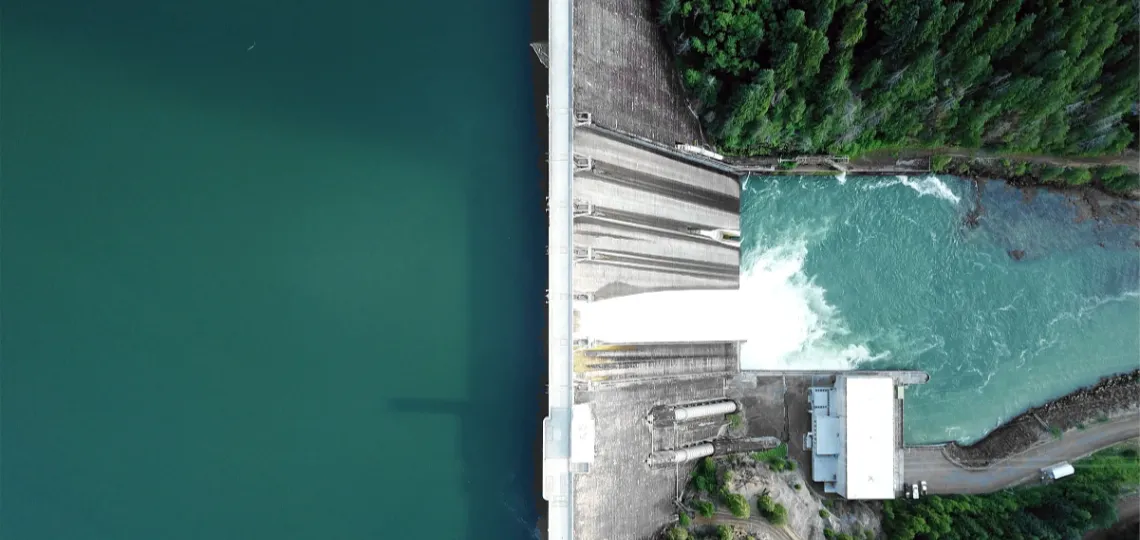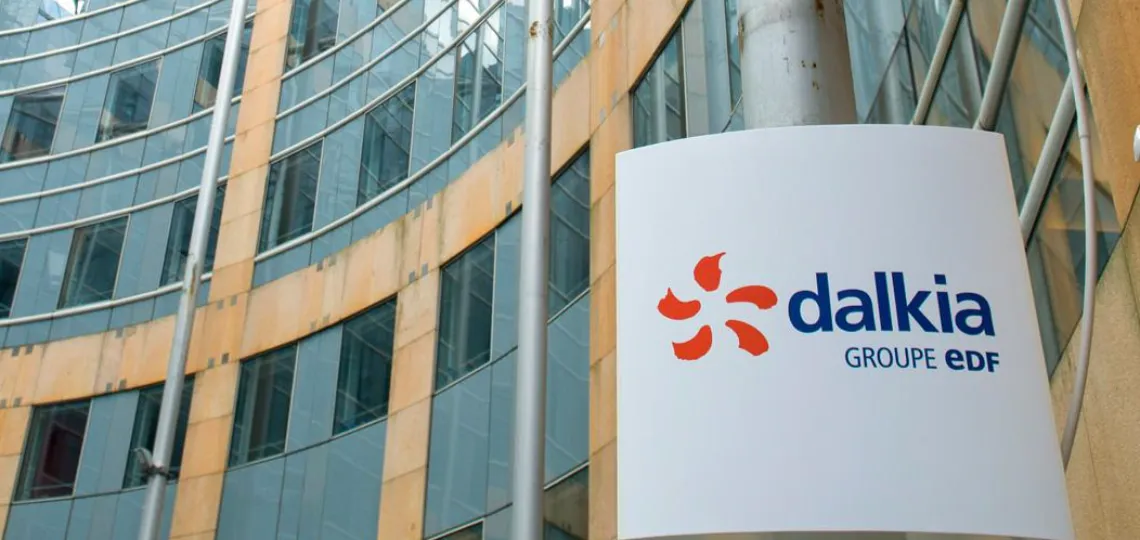The European Union’s gas system shows reinforced resilience for winter 2025-2026, even without Russian imports, according to the latest forecast by European gas transmission network operators.
ENGIE signs a 15-year agreement with CVE Biogaz for the purchase of biomethane produced in Ludres, under the Biogas Production Certificates mechanism, marking a structuring step for the sector's development in France.
More than 40 developers will gather in Livingstone from 26 to 28 November to turn Southern Africa’s energy commitments into bankable and interconnected projects.
US LNG producer Venture Global saw its market value drop sharply after an arbitral ruling in favour of BP reignited concerns over ongoing contractual disputes tied to the Calcasieu Pass project.
GoldenPeaks Capital and Envision have signed a memorandum of understanding to deploy up to 1 GWh of next-generation battery energy storage systems across several European markets.
The US Treasury Department has imposed sanctions on more than 50 entities linked to Iranian oil exports, targeting Chinese refineries and vessels registered in Asia and Africa.
Citepa projections confirm a marked slowdown in France's climate trajectory, with emissions reductions well below targets set in the national low-carbon strategy.
Ignitis Renewables acquires the remaining stake from Ocean Winds in the Curonian Nord project, securing full ownership of this strategic development in the Baltic Sea.
The commissioning of the 195 MW Springbok plant introduces the continent’s first utility-scale multi-buyer model, reinforcing the growth of power wheeling in South Africa.
Amid rising global demand for low-carbon technologies, several African countries are launching a regional industrial strategy centred on domestic processing of critical minerals.
Khartoum et Juba annoncent un mécanisme commun pour protéger les oléoducs transfrontaliers, sans clarifier le rôle des forces armées non étatiques qui contrôlent une partie des installations.
Nigeria deploys a 2.2 million-barrel floating storage unit funded by public investment, strengthening sovereignty over oil exports and reducing losses from theft and infrastructure failures.
Gabon has signed a memorandum of understanding with Italy’s Todini to develop two hydropower plants in Booué and Tsengué-Lélédi, with an estimated value of $1.78 billion to address electricity shortages.
The consortium led by Engie and Masdar has been selected to develop a 1.5 GW photovoltaic plant in Abu Dhabi, aimed at expanding the emirate’s solar capacity under its long-term energy strategy.
The first phase of a green methanol project in Inner Mongolia has successfully completed biomass gasifier technical tests, marking a key milestone in Goldwind's industrial deployment.
Singapore’s Durapower and Turkish industrial firm Kıvanç have signed an agreement to form a joint battery production venture targeting growing North American demand.
The Japanese industrial group will replace a 73.5 MW coke and gas-fired turbine with a 30 to 40 MW hydrogen-ready unit, scheduled to start operations in 2030 with ¥7.1bn ($47mn) in public support.
Chinese manufacturer Ming Yang plans to build the UK’s largest wind turbine facility in Ardersier, with an initial £750mn investment and up to 1,500 jobs created by 2028.
Maersk and CATL have signed a strategic memorandum of understanding to strengthen global logistics cooperation and develop large-scale electrification solutions across the supply chain.
Despite open statements of dialogue, the federal government maintains an ambiguous regulatory framework that hinders interprovincial oil projects, leaving the industry in doubt.
- Last news
The European Bank for Reconstruction and Development is reviewing a loan for a 100 MW photovoltaic project led by Qair in Tunisia, backed by a long-term power purchase agreement with the national utility.
An agreement was reached between Khartoum and Juba to protect key oil installations, as ongoing armed conflict continues to threaten crude flows vital to both economies.
Alnaft has signed two study agreements with Omani firm Petrogas E&P on the Touggourt and Berkine basins, aiming to update hydrocarbon potential in key oil-producing areas.
Gauss Fusion has released a full-scale plan for GIGA, its first commercial fusion power plant, amid Germany’s growing ambition to lead the future energy race.
Ferrari unveiled the chassis of its first electric vehicle, the Elettrica, while announcing a revision of its electrification targets, favouring thermal and hybrid powertrains for the coming decade.
Import quotas exhaustion and falling demand push Chinese independent refineries to sharply reduce Iranian crude volumes, affecting supply levels and putting downward pressure on prices.
Serbian oil company NIS, partially owned by Gazprom, faces newly enforced US sanctions after a nine-month reprieve, testing the country's fuel supply chain.
Global demand for biofuels is driving a sharp increase in used oil imports to Europe and the United States, straining global feedstock supply chains, according to the International Energy Agency.
ABB made several attempts to acquire Legrand, but the French government opposed the deal, citing strategic concerns linked to data centres.
The price of nature-based carbon credits dropped to $13.30/mtCO2e in October as a 94% surge in September issuances far outpaced corporate demand.
Wpd launches a crowdfunding campaign to support the construction of the Bréhand wind farm, aiming to raise €400,000 from residents with a fixed annual interest rate of 7%.
French independent producer CVE has commissioned an agrivoltaic pilot project in Haute-Loire, aiming to test solar panel integration on a cattle farm ahead of a future 12 MWc installation.
EDF anticipates a 35 MW decrease in output for the Flamanville EPR between 2026 and 2031, citing a degraded performance level with no official technical explanation to date.
A parliamentary report questions the 2026 electricity pricing reform, warning of increased market exposure for households and a redistribution mechanism lacking clarity.
US-based Chevron appoints Kevin McLachlan, a veteran of TotalEnergies, as its global head of exploration, in a strategic move targeting Nigeria, Angola and Namibia.
Nuclear Power Corporation of India Ltd has pushed the Bharat Small Reactors proposal deadline to 31 March 2026, aiming to expand private sector engagement in the captive nuclear energy project.
The Philippine government grants contractual advantages and priority dispatch to its first nuclear project, laying the groundwork for sustained sector development in the coming decades.
Aramco becomes Petro Rabigh's majority shareholder after purchasing a 22.5% stake from Sumitomo, consolidating its downstream strategy and supporting the industrial transformation of the Saudi petrochemical complex.
Singapore’s gasoil and kerosene inventories reached a three-month high after a sharp weekly drop in net exports, supported by a marked increase in imports from Northeast Asia.
Chevron India expands its capabilities with a 312,000 sq. ft. engineering centre in Bengaluru, designed to support its global operations through artificial intelligence and local technical expertise.


